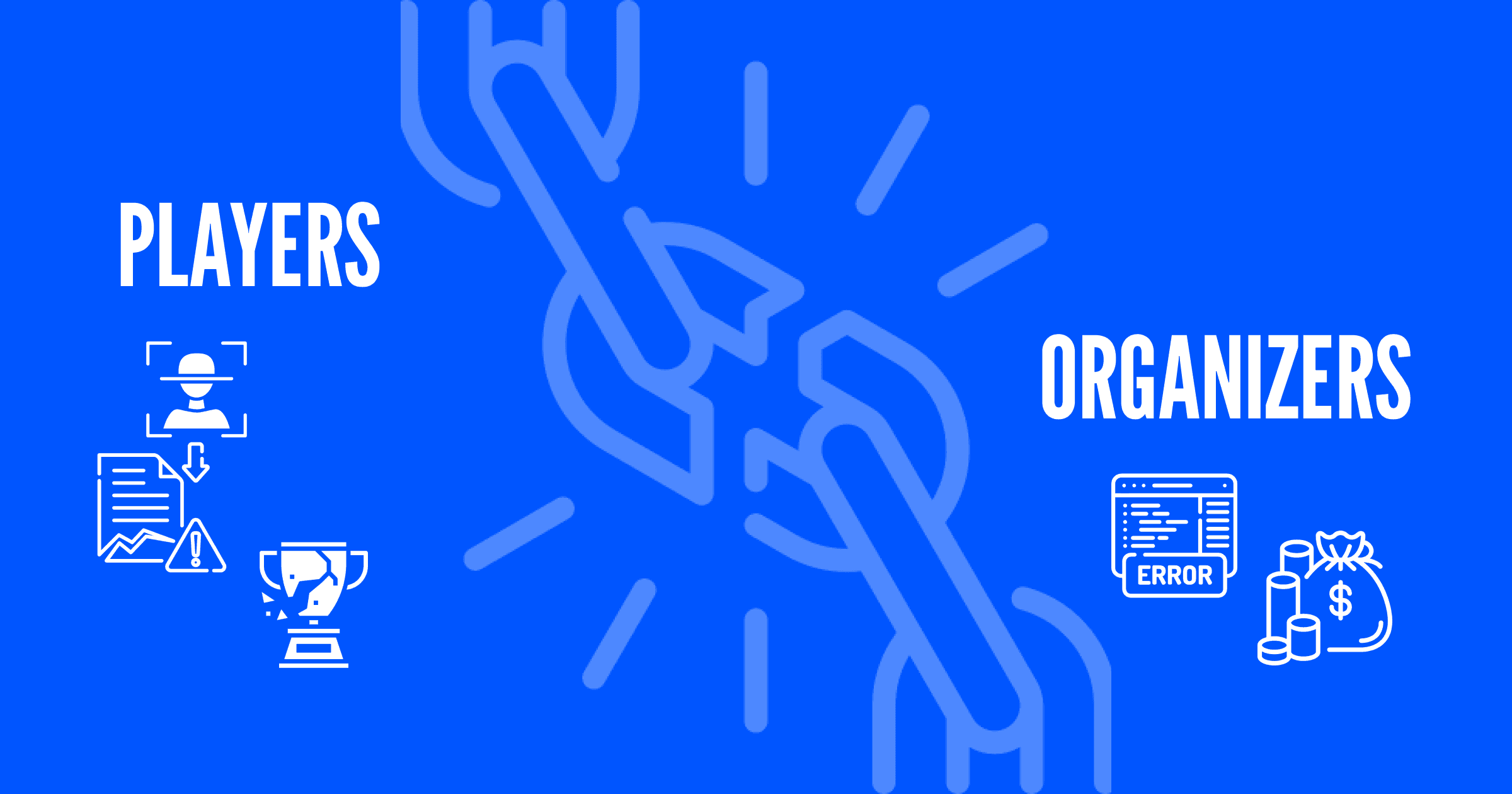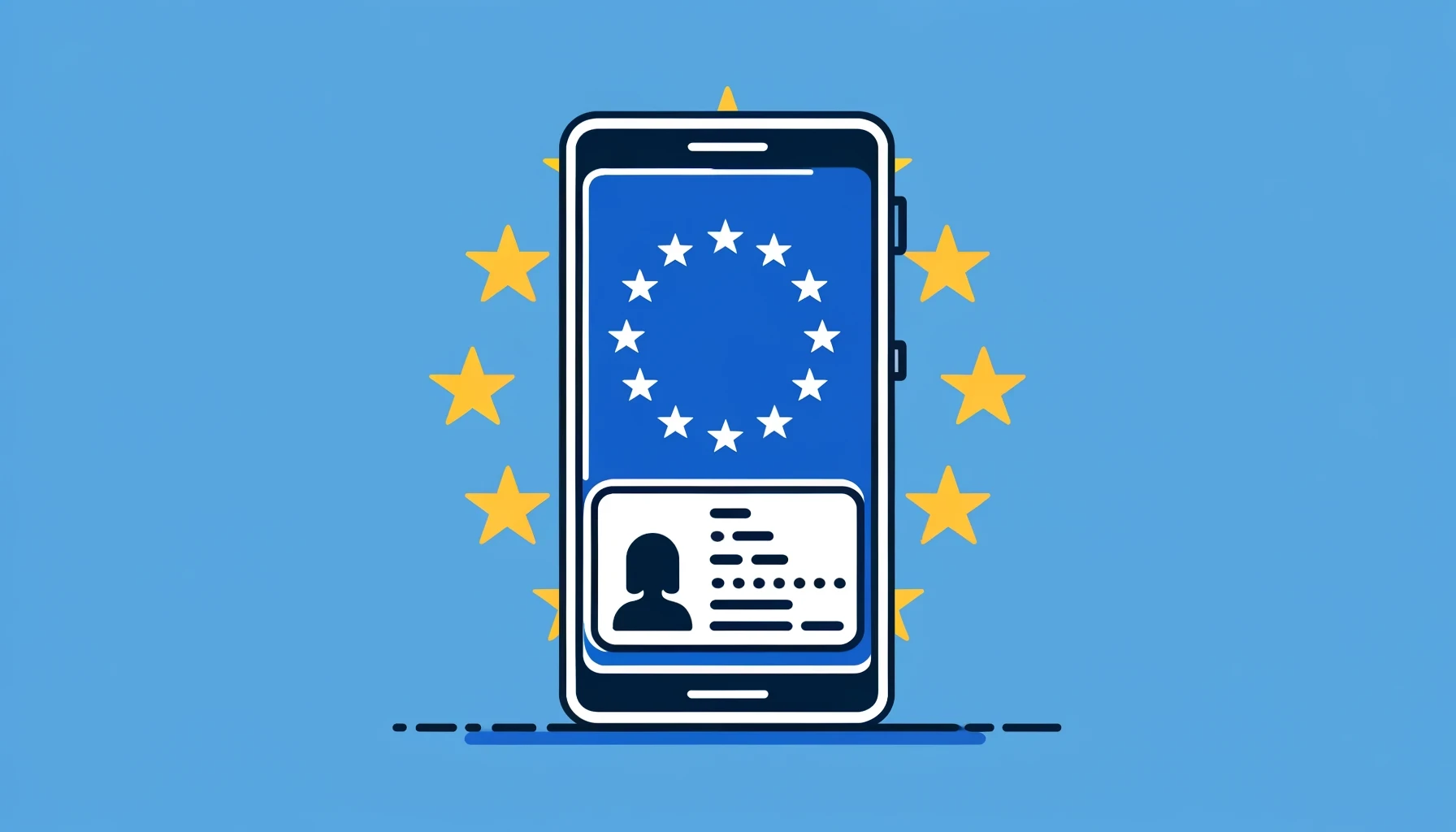
Maïlys Mas
Nov 25, 2024
The esports industry has exploded over the last decade, evolving from niche communities into a global phenomenon. With revenues projected to reach $10.91 billion by 2032 and viewership rivaling traditional sports, esports is no longer just entertainment—it’s a legitimate sport and cultural movement. Despite its rapid growth, one critical aspect of the industry remains outdated: identity verification and record-keeping.

This challenge isn’t unique to esports, it goes across the entire sports industry, but esports has a unique opportunity to lead the way in solving it.
The challenges of Esports identity verification and how it's holding the industry back
As esports continues to grow in prestige and legitimacy—becoming a discipline in global events like the Asian Games and the Olympics—its internal processes have not caught up. This creates inefficiencies that ripple across players, institutions, and the entire ecosystem.
Esport and identity verification: A fragmented system

For players
Repeated identity verification: Each time a player wants to participate in a new tournament (online or offline) they are required to go through a separate identity verification process. This involves providing personal details, uploading identification documents, and usually undergo manual checks. If the players are minors, this process can even be more tedious.
No tracking records: Today, there's no centralized system to unify players' records, which means a player's achievements and results are scattered. Players can't keep track and proof easily their achievements.
For organizers
Costly system: Since tournaments do not have a centralized system, they cannot access identity verification records from other tournaments. Therefore, they must repeatedly dedicate resources to verify players’ identities, creating unnecessary operational costs.
Error-prone process: This means even if a player has been verified in one event, their information is not carried over to the next.
Disjointed game records
Players’ achievements—whether small tournament wins or international victories—are scattered across platforms and often unverified. This lack of centralized, certified records prevents:
Players: From showcasing their accomplishments for career advancement or sponsorships.
Institutions: From building reliable databases tailored to player performance, tournament records, or future match planning.
The opportunity for Esports to lead
The Esports industry suffers from lack of record-keeping, which would help to scale and position this sport, just as any others. The challenges of identity verification and record-keeping affect both esports and "traditional" sports.
For example, FIFA’s systems like the Transfer Matching System (TMS) have streamlined player registration in football but still face obstacles such as guaranteeing compliance across different football governing entites, and inefficiencies due to fragmented adoption and manual checks.
Esports, with no standardized systems, lags further behind. Players must repeatedly verify their identity for every tournament, and organizers rely on outdated, error-prone tools like Google Forms.
While traditional sports are evolving, esports has a unique opportunity to leap ahead by adopting innovative solutions such as PlayID by Hopae—a Decentralized Identifier solution. This would not only modernize esports but set a new standard for the entire sports ecosystem by enabling streamlined, secure, and scalable processes.
The future of Esports starts on Dec 3rd
Players, organizers, and the entire ecosystem deserve a solution that matches the scale and ambition of esports. A system that eliminates inefficiencies, simplifies processes, and creates a professional foundation for the future.
The wait is almost over. Get ready to experience the next evolution of esports on Dec 3rd.
Stay tuned for more!




